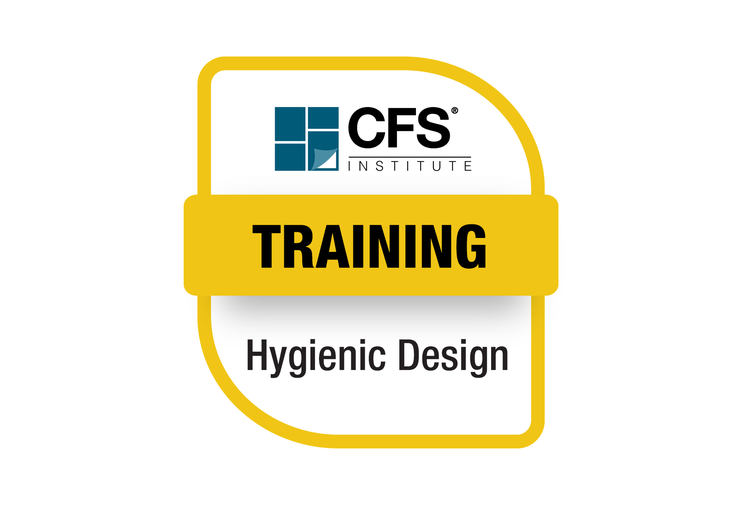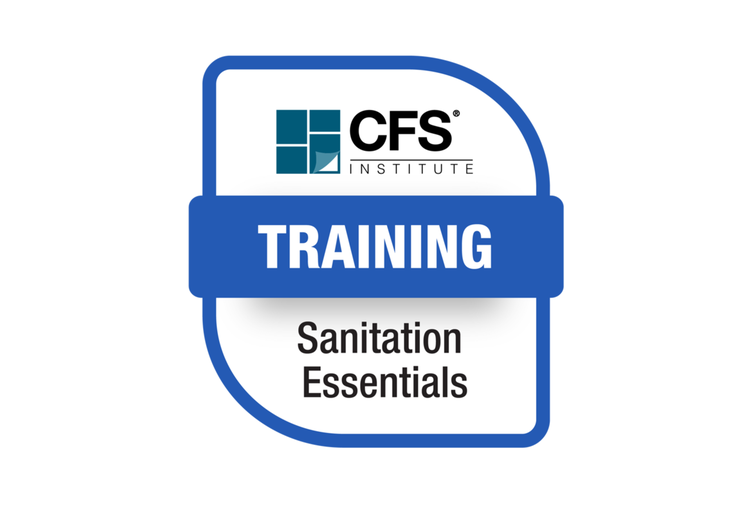
Hygienic Design Training
A holistic approach to the hygienic design of equipment, infrastructure, and traffic flows in food facilities.
Bring CFS training to your facility with professional workshops on sanitation, hygienic design, conveyor optimization, and more

CFS Workshops take place at your facility, allowing your entire team to participate with minimal travel. Our expert trainers arrive early to walk through your plant before the workshop. This allows them to include visuals and specific examples from your facility, creating a customized, more effective experience.
All CFS Workshops are customized and beneficial to a cross-functional group of your key personnel in Maintenance, Operations, Plant Engineering, Sanitation, and Quality. Or, if you prefer, a workshop can also be tailored to focus on one or two functions within your plant.
CFS Workshops are hands on and highly effective. To guarantee each student has an optimal learning experience, participation is limited to 12–16 attendees. Consult with us if you would like to accommodate a larger group.
The date of your workshop will be scheduled and agreed upon with you.
A typical CFS workshop lasts 1½ days. Duration may be adjusted as required based on your learning objectives and customized agenda.
Pricing may vary depending on final agenda, workshop duration, and number of participants. CFS will provide a formal proposal and assist you with tailoring the workshop’s agenda to reach your learning objectives.
Costs include classroom and workshop setup, preparation and handouts of training materials, and certificates of completion.
Whether you’re considering booking training or are already enrolled, explore our FAQ section for answers to common questions about training logistics and content, ensuring a smooth learning journey.

A holistic approach to the hygienic design of equipment, infrastructure, and traffic flows in food facilities.

Participants learn hands-on about wet cleaning, dry cleaning, and environmental monitoring from industry-recognized experts with the CFS Institute.

Gain comprehensive knowledge and proficiency in hygienic design, sanitation, and food industry leadership with a CFS Certification.